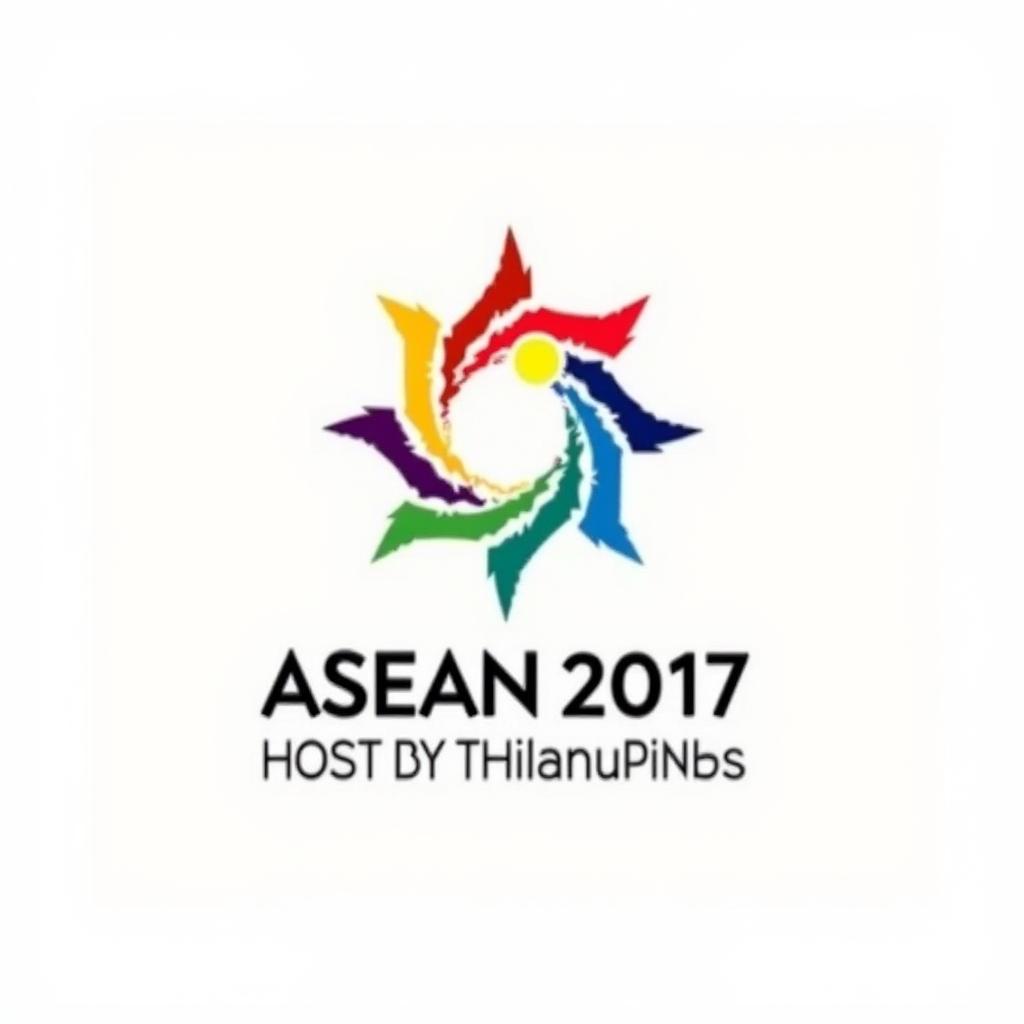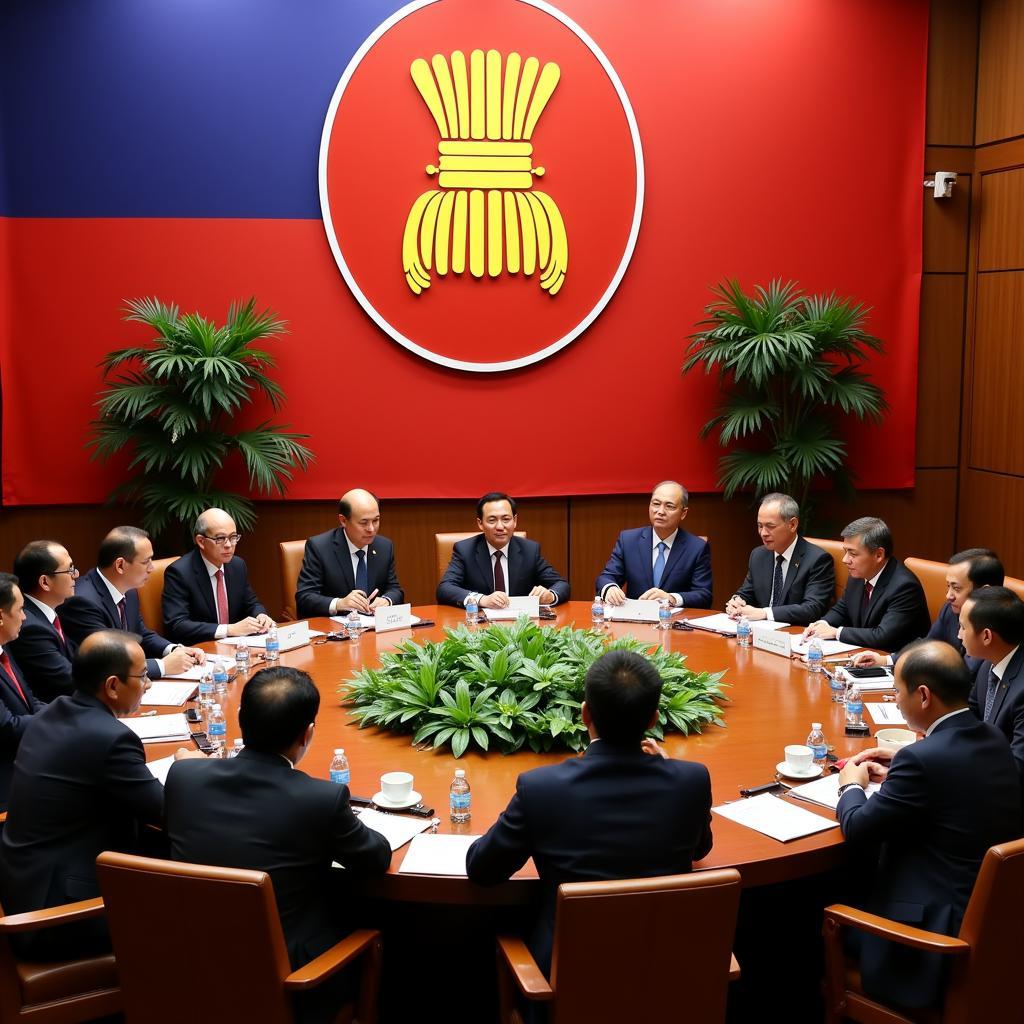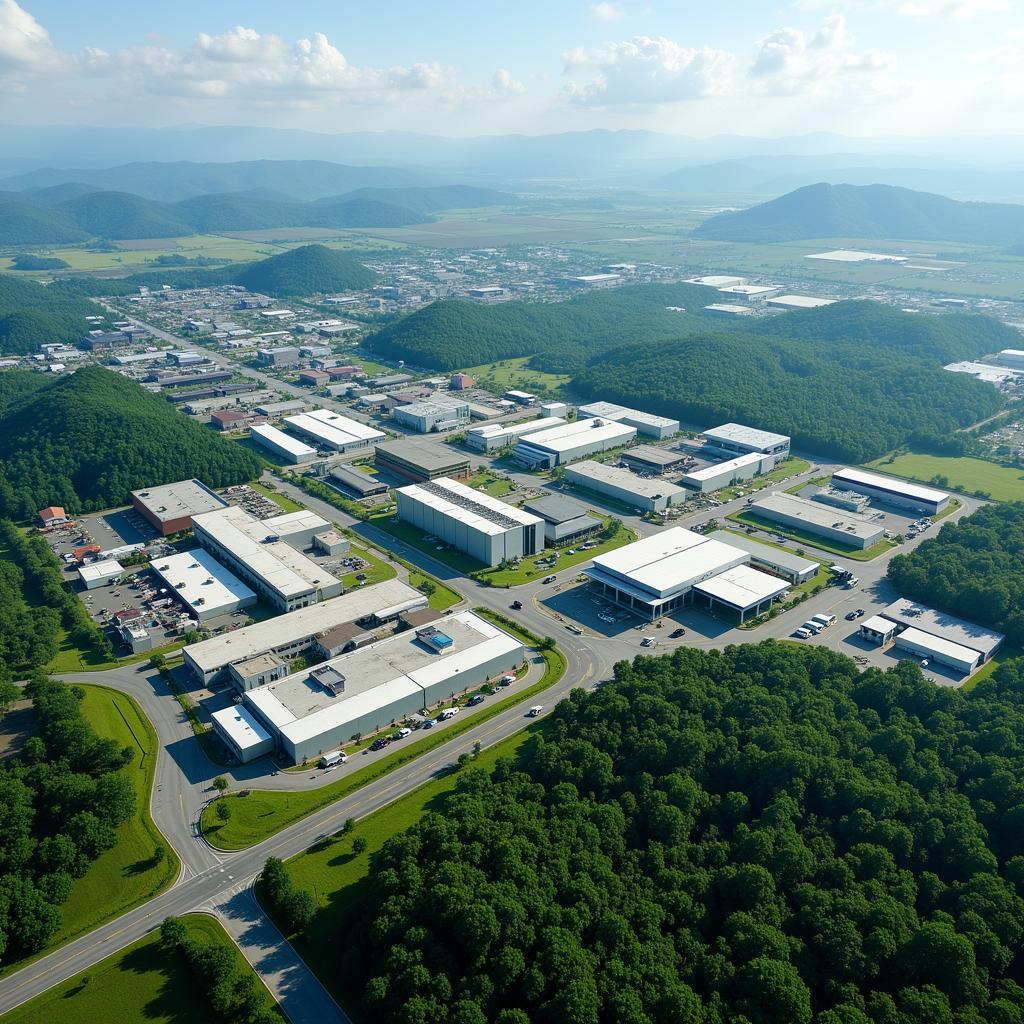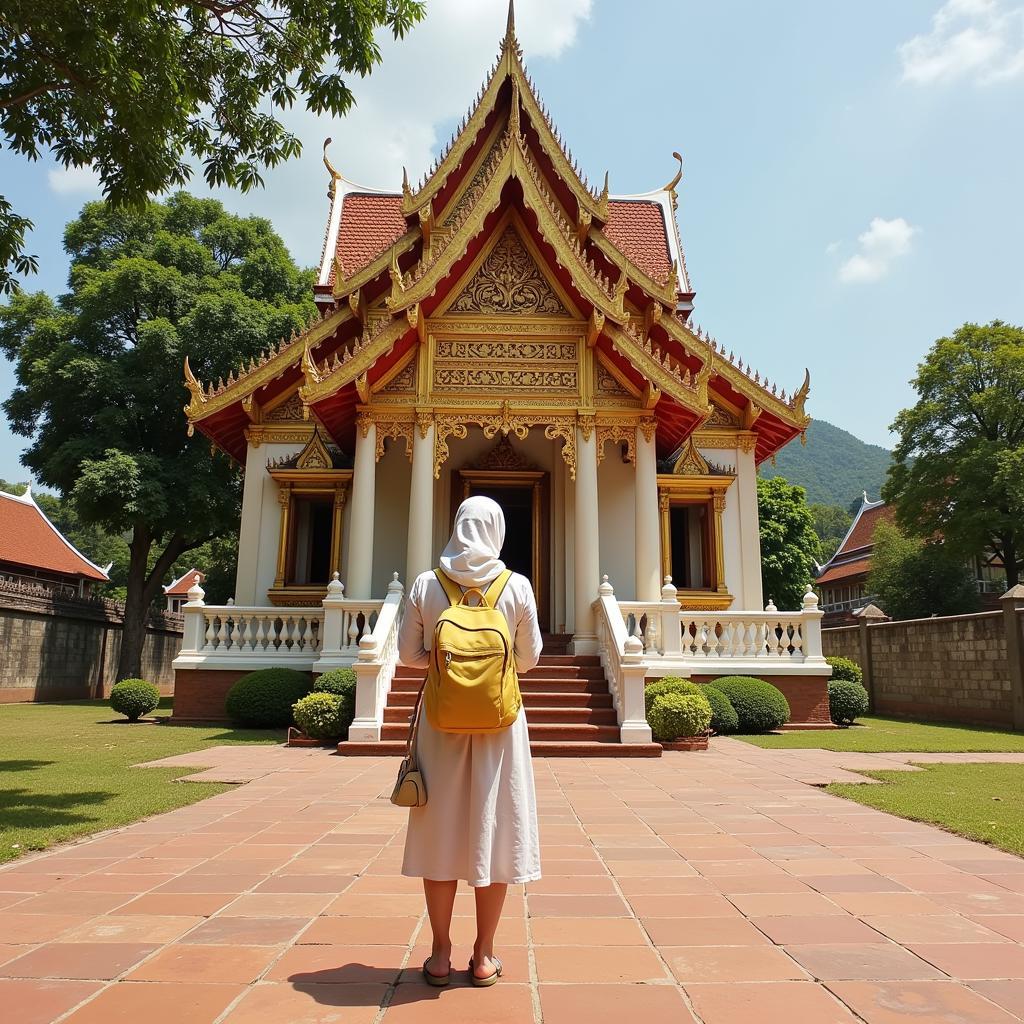The year 2017 marked a significant milestone for ASEAN as the Philippines took on the Chairmanship, hosting the series of summits and meetings under the theme “Partnering for Change, Engaging the World.” But where exactly did these pivotal events take place? Let’s delve into the heart of ASEAN 2017 and explore the venues that set the stage for regional cooperation and global engagement.
 ASEAN 2017 Philippines logo
ASEAN 2017 Philippines logo
Manila: The Diplomatic Hub
As the nation’s capital, Manila naturally served as the primary hub for ASEAN 2017, hosting the majority of high-level dialogues and ministerial meetings.
- Philippine International Convention Center (PICC): This iconic architectural masterpiece became the epicenter of ASEAN 2017, hosting the main Leaders’ Summits and related events. Its strategic location, overlooking Manila Bay, provided a picturesque backdrop for diplomatic discussions.
- Department of Foreign Affairs (DFA): The DFA headquarters, a symbol of Philippine diplomacy, hosted numerous ministerial meetings, workshops, and press conferences throughout the year.
 ASEAN Leaders Meeting in Manila
ASEAN Leaders Meeting in Manila
Clark and Pampanga: Showcasing Growth and Potential
Strategically located north of Manila, Clark and the province of Pampanga were chosen to host several key events, showcasing the Philippines’ economic dynamism and potential as a regional business hub.
- Clark Freeport Zone: Known for its world-class infrastructure and strategic location, Clark hosted the ASEAN Business and Investment Summit, attracting investors and business leaders from across the region and beyond.
- ASEAN Convention Center: Located within Clark Freeport Zone, this state-of-the-art facility provided a modern and spacious setting for various ministerial meetings and forums.
 Clark Freeport Zone Philippines
Clark Freeport Zone Philippines
Beyond the Metropolis: Promoting Tourism and Cultural Exchange
In line with the Philippines’ commitment to promoting its diverse culture and tourism destinations, several events were held outside of Metro Manila, offering delegates a glimpse into the country’s rich heritage.
- Cebu: Known for its pristine beaches and historical landmarks, Cebu hosted the ASEAN Tourism Forum, a key event that showcased the region’s tourism potential.
- Davao: The largest city in Mindanao, Davao hosted the ASEAN Defense Ministers’ Meeting, highlighting the Philippines’ commitment to regional security and stability.
By strategically selecting these venues, the Philippines aimed to provide a balanced and comprehensive experience for ASEAN delegates, showcasing not just its diplomatic capabilities but also its economic progress, cultural richness, and commitment to regional integration.
